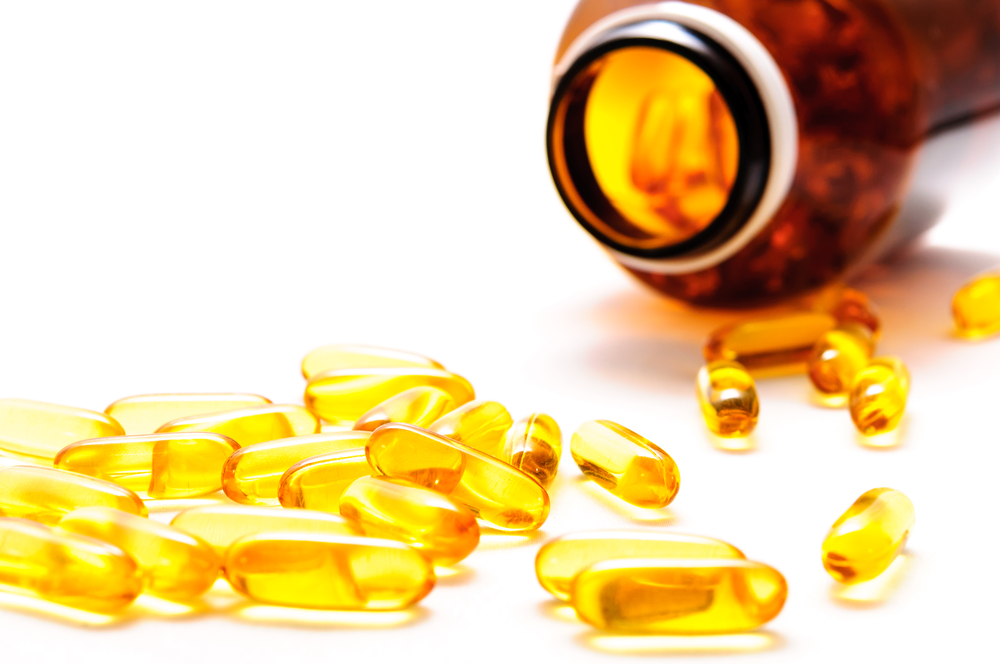In a recent study published in Journal of Bone and Mineral Research entitled “The Impact of Vitamin D, Calcium, Protein Supplementation and Physical Exercise on Bone Metabolism after Bariatric Surgery,” researchers from Australia found that Vitamin D, Calcium and protein supplementation combined with exercise yields a positive outcome in bone protection after Laparoscopic Roux-en-Y Gastric Bypass (LRYGB) or Laparoscopic Sleeve Gastrectomy (LSG) surgeries in patients with obesity.
Obesity is a very common medical disorder that involves excessive body mass over 30 kg/m2. Symptoms of obesity may include pain in the back/joints, skin rashes, feeling heavy due to overweight, sleep insomnia/snoring, binge eating, depression, and fatigue. Obesity can also lead to complications like heart disease, type 2 diabetes, and certain types of cancer. Several risk factors have been identified as causing obesity, including genetic predisposition, lifestyle/diet, infection agents, and other conditions such as growth hormone deficiency and eating disorders.
Obesity can be managed by various means including changes in diet, physical exercise and use of anti-obesity medications. However, the efficiency of these methods is reportedly limited. Bariatric surgery has been demonstrated as the most efficient treatment for obesity. Currently, Laparoscopic Roux-en-Y Gastric Bypass (LRYGB), where the stomach is surgically divided into two sections then small intestine is reconnected to both, is considered by many researchers as a gold-standard surgical method. In addition, Laparoscopic Sleeve Gastrectomy (LSG), where the stomach is surgically reduced to 25% of its initial size, is a promising, recently-developed method that maintains an intact gastrointestinal tract. While these surgeries are proven to be effective in weight loss, in the long term, research suggests that these procedures may adversely influence bone metabolism and areal bone mineral density.
RELATED : ORBERA Intragastric Balloon Non-Surgical Weight Loss Device Receives FDA Approval
To test this hypothesis, Australian researchers performed a prospective study involving a total of 220 women and men with median age of 40.7 years and body mass index above 38 kg/m2 subjected to LRYGB and LSG procedures. The participants were randomized into two groups: i) an intervention group receiving vitamin D supplementation before and after surgery, protein supplementation, and physical exercise and ii) a nonintervention group subjected to no supplementation or exercise. The results suggested noticeable differences in serum analysis of both intervention and nonintervention groups. Specifically, the collected data for intervention versus nonintervention groups included measurements of bone proteins called “sclerostins” (12.1 versus 63.8%), a biomarker of bone turnover called “cross-linked C-telopeptide,” (82.6 versus 158.3%), vitamin D (13.4 versus 18.2 %), phosphate (23.7 versus 32 %), a collagen enzyme called “procollagen type 1 amino-terminal propeptide” (12 versus 41.2 %), a hormone that decreases calcium called “parathyroid” (−17.3 versus −7.6%), and a bone narrow protein called “Dickkopf-1” (−3.9 versus −8.9 %).
In summary, these findings suggest that vitamin D loading/ongoing, calcium, adjusted protein supplementation in combination with physical exercise reduces loss of bone mineral density and lean body mass after LRYGB and LSG surgeries. As a result, supplementation and exercise should be recommended to all obesity patients undergoing bariatric surgery.


